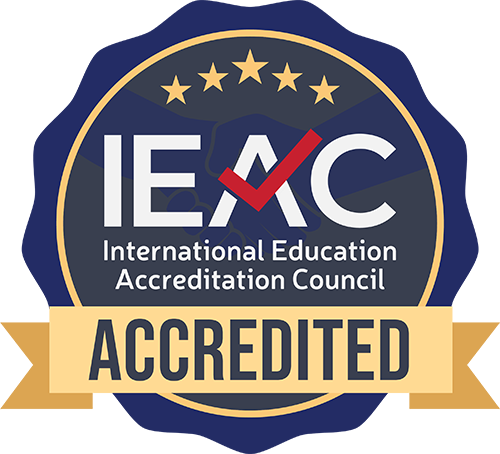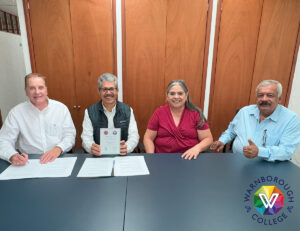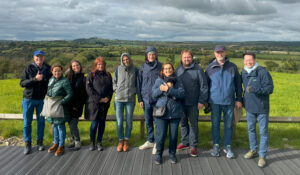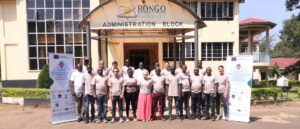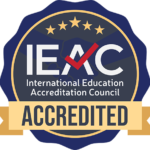Ruth Todd had done lot of international travel in her previous job roles, working in the nuclear power industry and in cyber security. When later studying a PhD in The History of Ideas through Warnborough College Ireland, she chose chose to focus on economic racism (see Economic discrimination). Her research took on a global perspective from which to examine the division between rich and poor. In her thesis and the book, Econoracism: The Next Great Divide, she found common patterns between different geographical areas.
Ruth talked to us about her experiences while studying for her PhD.
Listen to the audio or read the transcript below.
Can you tell us a little bit about the kind of work you have done in the past?
I have been a technology person for most of my life and eventually wound up supporting nuclear power plants worldwide, while working as the director of Information Technology for a company called INPO: the Institute of Nuclear Power Operations. The environment was not just domestic in the US – I did a lot of travelling internationally.
I teach part time now – technology classes, and one of the things that I have to remind students is, yes, there were computers 40 years ago. Of course everybody thinks the dinosaurs were 40 years ago. From a very basic foundation to eventually working in physical security, network security and ultimately, cyber security… that was my career for about 40 years.
You ended up doing a PhD in the History of Ideas. What made you decide to do that?
I didn’t go to school until very late in life and got my first degree when I was forty from Oglethorpe University in Atlanta, which by the way is designed and built and looks just like Oxford. That’s the whole thing – the guy that started Oglethorpe was just infatuated with Oxford so he made a mini Oxford here and called it Oglethorpe University. I was there and I was getting a business degree at first and I was actually I was actually getting pretty bored with business classes. I was close to forty and part of it was that it is what I did every day at work. So, I changed with the help of Leo Polenzio, who became my mentor and best friend, my major to history because as he said, I was “damn (sic) good at it and someone needed to continue History”.
Were there any challenges while you were doing your PhD study?
I had been diagnosed with Fibromyalgia and Chronic fatigue syndrome. It doesn’t kill you but it certainly makes your life less bearable. In the middle of trying to do research and other things, I hit a health wall. I had to decide whether I was going to push myself through it or quit. I decided I was just going to have to tough it out because I am not a quitter. I believe that at the time, that really helped me deal with it, especially the Fibromyalgia. The Chronic fatigue syndrome makes you go to sleep but it doesn’t really impact a whole lot of your life. But I think having a focus outside of my normal routine gave me something else to look forward to.
What kind of support did Warnborough College give you while you were going through this and doing your work?
Dr Noor was like…. I almost felt like he was next door. He is in Italy and I would send him an email and it seemed like whatever time it was, day or night, I would get something back within a few minutes. Now, it might not have been quite that quick but my impression at the time was that it was. Later on I realised that it was probably because of the time zone differences, that I would be sending something out late at night and he would be getting it early in the morning but it still worked. I have to tell you – he was phenomenal. He wanted me to research Conflict Theory. I sent him a note back and said, ‘Fine, what is it?’ That wasn’t something in my other programs that had been addressed, discussed or identified. We looked at that. I had never read Adam Smith. I had read pieces of Adam Smith. I actually read The Wealth of Nations – the whole thing and was just incredibly impressed about how perceptive that man was (a couple of hundred years ago), about how things should be today.
I think what Noor did was challenge me by suggesting research things that would help me with my dissertation but didn’t tell me to do it, just suggested. For me, that was perfect, because if you tell me to do something I probably won’t do it. I think the mentor support there is phenomenal!
While you were doing your PhD, were there any pivotal moments where you felt things fitted into place or where something clicked, moments that you remember?
Yes, there were a couple. One of the things is, when you talk about economic racism… first of all you have to make a case that racism is not just about colour, which is always the traditional way. One of the things I began to do was, I couldn’t just talk about it as this whole entity and so I broke it down into housing, employment, education and access to healthcare as the ways that economic racism manifests itself. I have to tell you there is still one part of this dissertation, and don’t ask me why, probably because it wasn’t just numbers but it allowed me to write in a creative manner, where I discuss housing – how housing began and the progression of how we moved to keep ourselves safe from enemies.
It was actually focusing on each of those regions and how their housing was. I wrote about it as a separate entity and did do some summarising but I allowed the reader to figure out how the racism played into that. God loves the US Census Bureau because they come up with more facts and figures than any agency on the planet. I was heavily dependent on the US Census Bureau for a lot of it.
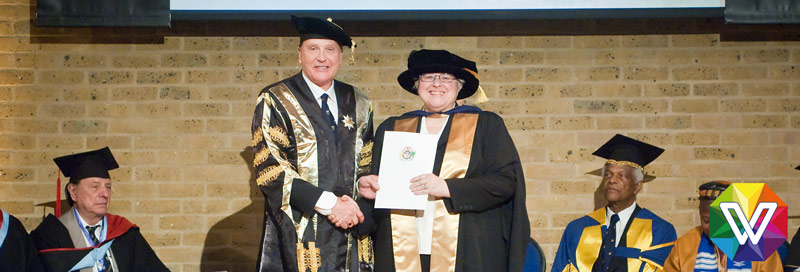
To find out more about the History of Ideas program that Ruth took, or for other related programs, click on the links(s) below:

